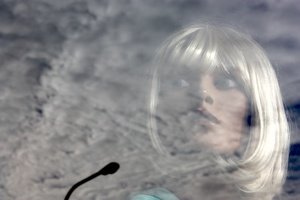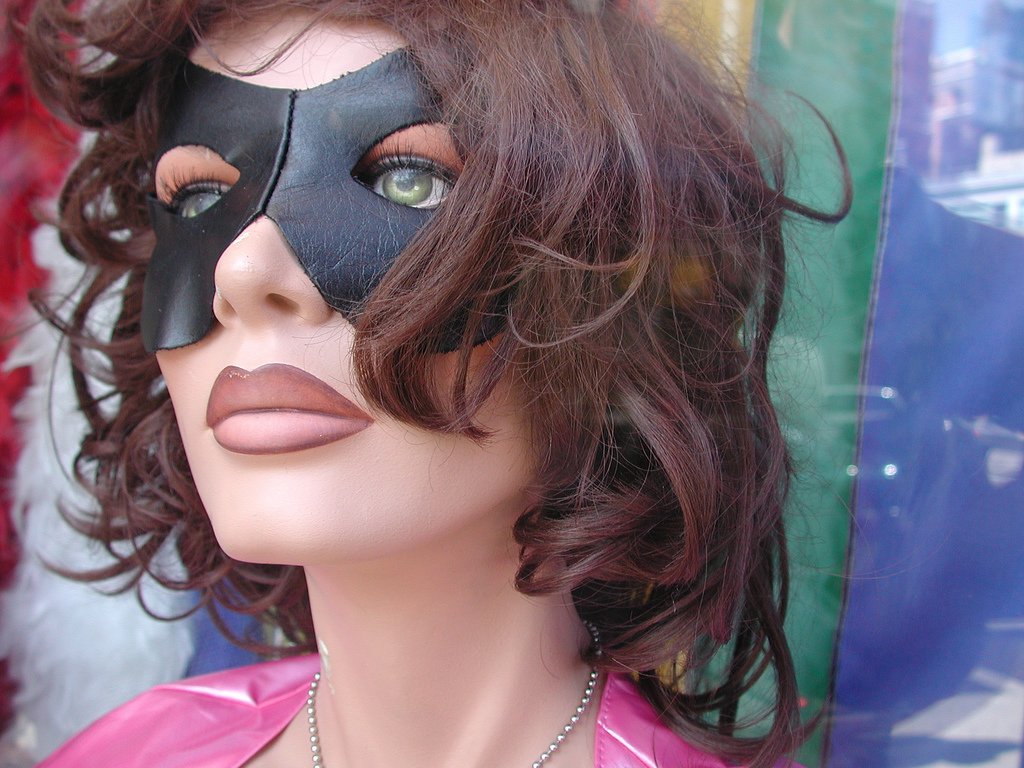Fuck You, Pay Me #4: Why I Hate Memoirs (but Wrote One Anyway)
This is part 4 of “Fuck You, Pay Me,” an ongoing series of posts on writing, editing, and publishing.
I want to say the first memoir I read was Silvia Plath’s The Bell Jar, which, of course, is not a memoir at all but a novel. I want to say my favorite memoir is Marguerite Duras’ The Lover, which is maybe true and maybe not. I want to say my memoir, Data Baby: My Life in a Psychological Experiment, is not a memoir but a literary interrogation, and that might be right.
My general feeling about memoirs is that I do not like them. The memoirs of which I am thinking are written by women for women, are not concerned with the world at large but with the world of the interior (as if women have nothing to say about the world and must relegate themselves to writing about their interiors), are books of feelings that occupy a literary pink ghetto created by the publishing business that limits women to a silo of what is acceptable to write about and does so in order to mass produce books, regardless of what these books do or do not say or how they say it.
When people ask me for examples of the kind of memoirs I am talking about when I say I don’t like memoirs, I might say Eat, Pray, Love by Elizabeth Gilbert or Untamed by Glennon Doyle. I’d like to believe these types of memoirs are on their way out, because surely women readers are getting exhausted from reading stories about women who go on personal journeys of great discovery that just so happen to take place in neat three-act structures and mostly have happy endings. The thing I dislike most about these sorts of memoirs is that they start from a shared premise. A woman is a broken thing. A woman is a thing that must be fixed. A woman must become some thing other than who she is in order to be happy. This the same lie the beauty industry sells: You, a woman, are not, are never enough.
Obviously, there are memoirs that do not follow these limiting definitions of what a memoir is. To name a few: The Woman Warrior by Maxine Hong Kingston (who surely influenced me as one of my professors at U.C. Berkeley), In the Dream House by Carmen Maria Machado, Constructing a Nervous System by Margo Jefferson. As Megan O’Grady writes astutely in “These Literary Memoirs Take a Different Tack”: “Memory is also identity, and for those historically cast to the margins of our national stories, or those who grew up as the silent daughters or queer kids at the family dinner table, seizing control of one’s narrative has a particular power.” To write within the confines of someone else’s definitions of writing is to disappear oneself.
Memoirs are very popular these days. Prince Harry’s Spare was one of the best-selling books of 2023. Britney Spears’ The Woman in Me has sold over 2 million copies. Matthew Perry’s Friends, Lovers, and the Big Terrible Thing was an “INSTANT #1 NEW YORK TIMES BESTSELLER” and a “#1 INTERNATIONAL BESTSELLER.” Did these celebrities write these books on their own? Regardless of what they may or may not say or have said, that is probably not very likely. In “Notes From Prince Harry’s Ghostwriter,” J. R. Moehringer shares that “memoir isn’t about you. It’s not even the story of your life. It’s a story carved from your life, a particular series of events chosen because they have the greatest resonance for the widest range of people.” He is not lying.
As I have written in this series previously, I sold my book to one of the Big Five publishers on proposal, and it was stipulated in the contract that I would write it as a memoir. I had not pitched the book I imagined I would write as a memoir but as a book that would interweave memoir, narrative nonfiction, and investigative reporting. I have a history, professionally speaking, of coloring outside of the lines, and I envisioned I would do the same thing with my book. Why be one thing when you can be, say, three? After all, what I was proposing wasn’t so, well, novel. Kingston’s memoir had been published in 1976. Didn’t the world want something … original?
Apparently not. The publishing industrial complex had other concerns. A way to market the book that was simple, obvious. A mode by which my book could be lumped in with other books that were supposedly like it. A formula by which the all-seeing-but-never-seen algorithm would sell a book-shaped product with my name on it. This was smoke and mirrors, a game of charades, a grim routine of The Hokey Pokey. I had worked in publicity and marketing but I could not see the sense in the squandering of an opportunity for a unique value proposition. Yet I had already signed on the dotted line. And what did I know? I wasn’t a publisher or a bookseller. I was a writer.
Generally speaking, I don’t like being told what to do. I find it constraining, like a personal violation. Because that is what it is. At a certain point in my writing career, when people younger than me asked me why I became a writer, I started saying: Because it is the only thing I do well. So to have my writing restricted, limited, or dictated in such a way—let’s be honest: in any way—was like being on a leash and the leash was tied to a stake and I kept spinning around until I was wholly tangled up in the lead. Ultimately, I wrote about some of these very issues in my book, and I would argue the book is not a memoir at all but a literary interrogation pretending to be a memoir to interrogate memoir itself, but I guess that’s for the reader to decide.
Recently I thought about some of these ideas as I read a review of my memoir in The Columbia Journal of Literary Criticism written by Surina Venkat. “Her memoir, a reordering of her eventful life, constructs a narrative of her own design — one with handpicked data points and where the data points are memory, resisting the depersonalizing role of the ‘studied’ that Breslin occupied for decades of her life,” Venkat observes insightfully. “Susannah Breslin was indeed a data baby — twice, even. And her second time, she flaunts the role, resisting its implications and asserting her own control over it.” The only way I could tell the curious story of my life was by wresting the narrative from others: my parents, my publisher, my own preconceived notions of what a memoir should or should not be. By seizing authorship, I assumed the role of author, which, per Merriam-Webster, does not conform to deal terms but is “one that originates or creates something.” And that, to put it frankly, is the entire fucking point.
Buy My Book I About | Blog I Newsletter I X I Instagram I LinkedIn I Hire Me I Email


